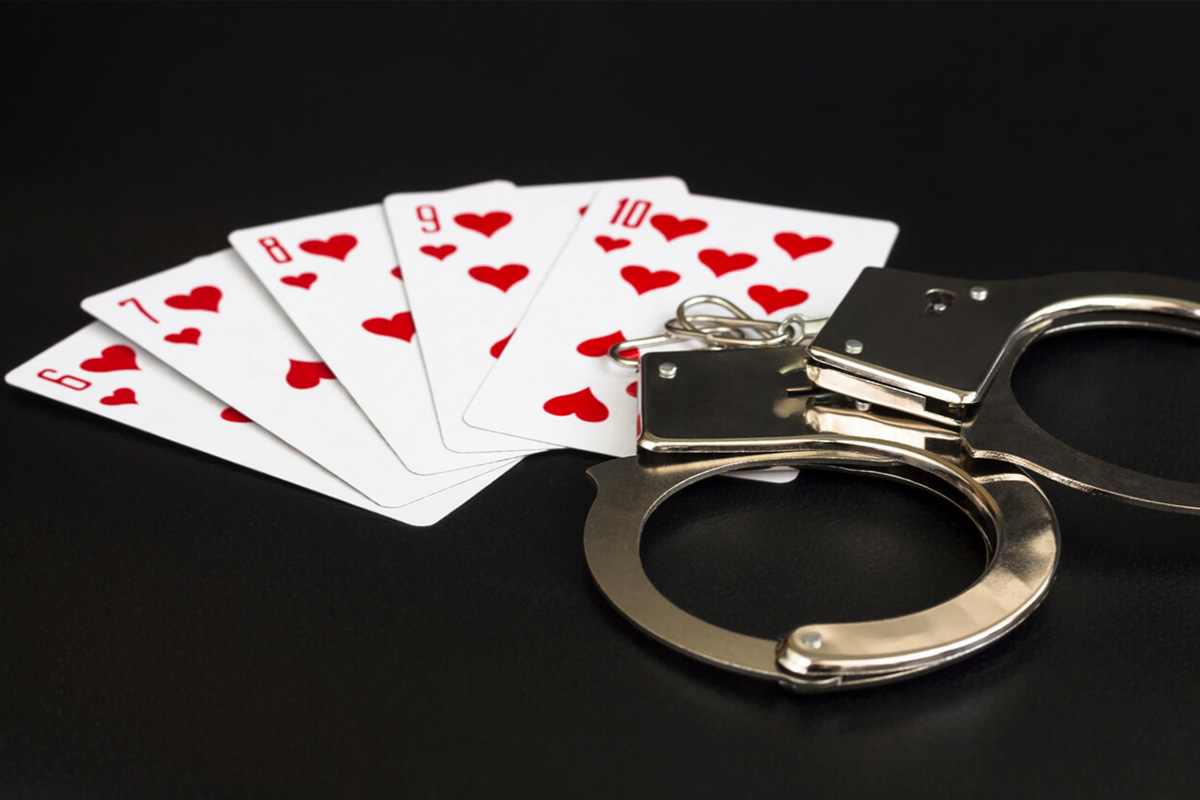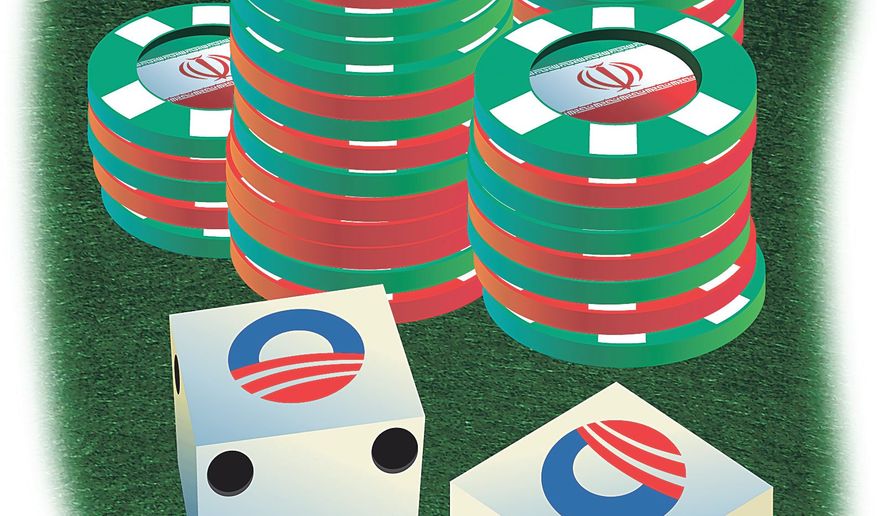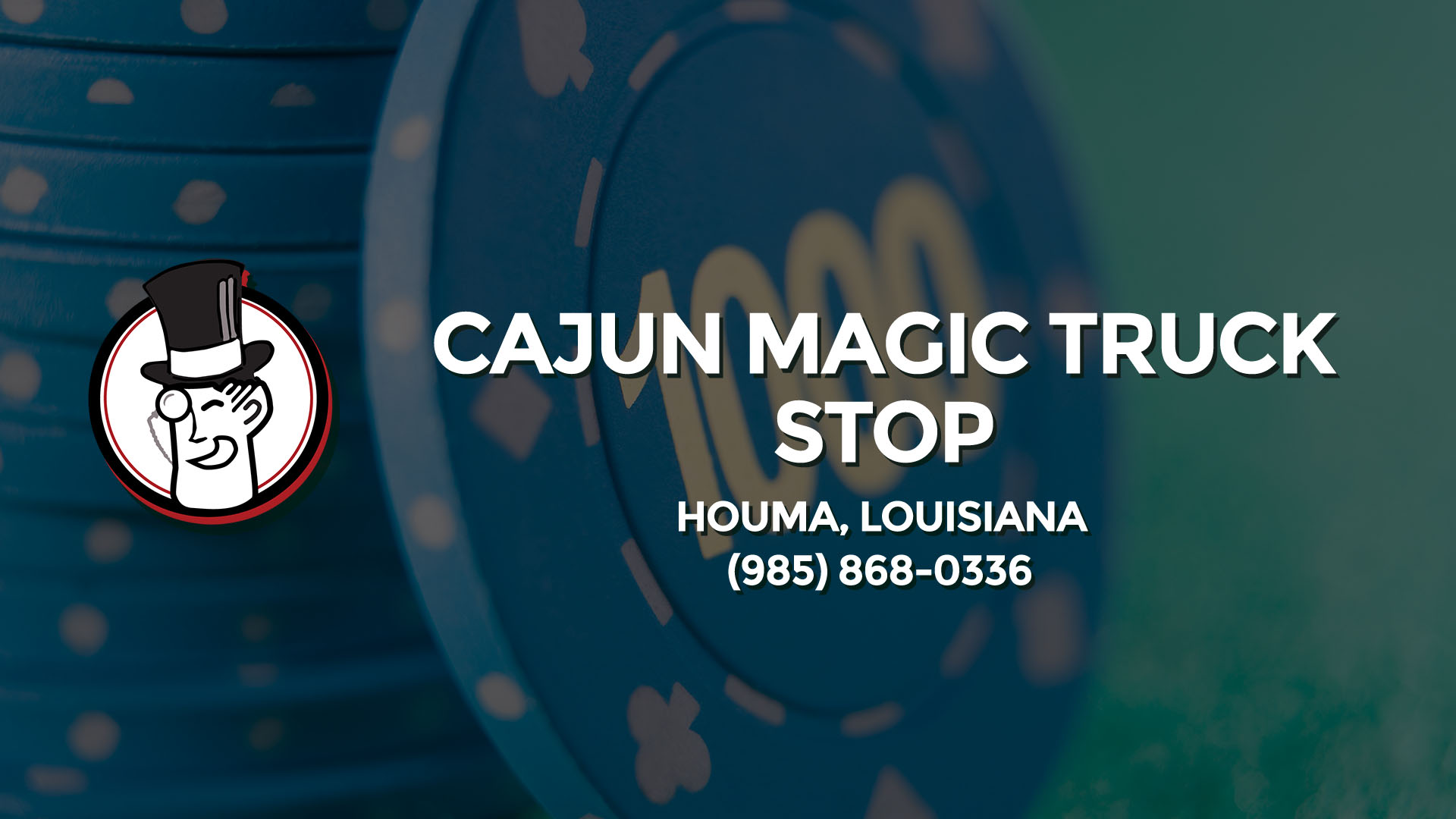1602 Gambling
Posted : admin On 8/1/2022Presidential Decree No. 1602 (PD 1602) is a law that was passed by the Philippine government to simplify and provide tougher penalties for illegal gambling activities or violations of Philippine gambling laws. Signed into law by then President Ferdinand Marcos in 1978. In the opening statements, it says that this law was passed as there was an urgent need to provide a clearer understanding of Philippine gambling laws. Especially articles 195-199 Republic Act 3063 (Horse Racing Bookies), Presidential Decree 499 (Cockfighting), Presidential Decree No. 483 (Game Fixing), Presidential Decree No. 519 (Slot Machines), Presidential Decree No. 1036 (Jai Alai Bookies), and other ordinances since they have become plentiful, confusing and ineffective.
Does PD 1602 Make Licensed Offshore Online Gambling Illegal?
The DFS and sports gambling operators open their wallets to support an effort to put sports gambling on this November’s ballot. PRESIDENTIAL DECREE No. 1602 (Prescribing Stiffer Penalties on Illegal Gambling). 1602 Club is a non-profit rehab located in Wilmington, North Carolina. 1602 Club specializes in the treatment of substance abuse, opioid addiction, and alcoholism.
No, PD 1602 makes no reference to online gambling. Offshore online gambling is legal but Philippine residents are encouraged to only participate at licensed online sites that are in compliance with their local gaming regulators for their own protection.
Violations Defined In Presidential Decree 1602
Section 1 of PD 1602 outlines the violations and penalties for anyone caught directly or indirectly taking part of illegal game wagering. In its medium degree, a person caught faces a fine from 500 pesos to 2,000 pesos while a re-offender can face a fine of 1,000 pesos to 6,000 pesos. Illegal games, illegal bookie operations and game fixing schemes in any of the following games or similar operations are considered illegal and punishable by this law. Games include: blackjack, lucky nine, Russian poker, monte, baccarat, other card games, palk que, domino, high and low, slot machines, roulette, pinball, dog racing, boat racing, car racing, basketball, volleyball, soccer, boxing, seven-eleven dice games, game fixing, point shaving, and any other game scheme consisting of money being wagered without a franchise from the national government.
Anyone who knowingly allows any of these illegal operations to take place in any building, place, vessel or transportation owned or controlled by them will face the maximum punishment and a fine of 6,000 pesos. A prison sentence and a fine of 6,000 pesos will be imposed upon a conductor or upon the maintainer of the gambling scheme. A medium degree penalty of prison mayor, temporary absolute disqualification and a fine of 6,000 pesos will be levied if the conductor, banker or maintainer is a government employee. The same goes for any player, promoter, referee, umpire, judge or coach that participates in game fixing, point shaving, or a similar scheme.
Illegal game organizers, maintainers or conductors who without lawful purpose is caught in possession of any lottery list, paper or other matter containing letters, figures, signs, or numbers which pertain to any game of jueteng, jai-alai, horse racing bookies or similar game or lottery will face a penalty of prison correctional and a fine of up to 2,000 pesos.
Bangary Officials

A bangary is the smallest administrative division of government in the Philippines and bangary officials are elected representatives of those villages. PD 1602 states that any bangary official whose jurisdiction is found to have a gambling house and is known to have a reputation for a gambling house shall face a penalty of prison and a fine of 500 to 2,000 pesos and will be temporarily suspended from his post.
The revised penal code considered the skill of the player in determining whether the game is considered gambling, now under PD 1602 that does not matter. Any game can be considered gambling where there is money wagered and a participant hopes to win a prize. Under the old code, the skill of the player that outweighs the possible chance of winning the game is considered a sport and not gambling. Under PD 1602, a players skill is irrelevant and any form of gambling is illegal unless authorized by a franchise. Betting or wagering determines if a game is gambling or not.
Games which are exempt from placing bets but are still illegal include monte, jueteng, lottery games, dog races, slot machines, and other similar games. These games are addictive, habit forming and bring harmful effects to the player’s families and personal finances. Possession of an illegal lottery list is a punishable crime whether it refers to a past or future drawing.
Informers Reward Offered Through PD 1602
PD 1602 rewards informants that lead officials to an illegal gambling arrest. Section 3 states that anyone who leads law enforcement to an arrest and a conviction of an illegal gambling scheme in violation of Philippine gambling laws shall be rewarded with 20% of the confiscated cash money. This gives informers an incentive to help law enforcement crackdown on illegal gambling operations.
Effective Date of Presidential Decree 1602
PD 1602 took effect in 1978 but has since been amended by the Republic Act 9827 (RA 9827) which increased the penalties for illegal number games and amended certain provisions. PD 1602 and RA 9827 are both still in effect and the Philippine National Police are still combating illegal gambling operations.
President Ferdinand Marcos signed Presidential Decree Number 1602 into law on June 11th, 1978. This Decree introduced harsher penalties on individuals and hosts of illegal gambling activities. PD No. 1602 was created out of the need for increased penalties against illegal gaming violations.
Stiffer penalties were believed to be the key to effectively combating illegal gaming activities such as illegal number games and so on. The Philippine government justified the Decree as a law to assist in removing such a social menace that consistently drained the energy and resources of the people. This Decree simplified and clarified violation penalties to be imposed on any person taking part in any form of illegal gambling.
Presidential Decree No. 1602 aided in improving Philippine gambling laws which counteracted illicit games, however, penalties against such were so easily circumvent-able in the past due to the application of a confusing and outdated system of reprimands.
Such penalties held no real authority, therefore, through the creation of Presidential Decree No. 1602 penalties were effectively brought into the modern age to meet current needs, norms, and customs as well as outlined specific games affected by the penalty.
How Does PD No. 1602 Affect Casino Gambling in the Philippines?
1602 Gabriel View Dr 78628
Presidential Decree 1602 does not affect lawfully licensed domestic casino gambling but rather targets any and all illicit gaming within the Philippines. This Decree amended criminal provisions such as Articles 195-199 of the Revised Penal Code of the Philippines, Republic Act 3063, PD 483, PD 449, PD 510, and PD 1306 and thus made penalties effective and responsive to the need to curb illegal gaming. Therefore, this Decree promoted legal gambling within casinos, clubs, and turf clubs which assisted in the shift of attitude from illicit underground games to authorized avenues.
The Effect of PD No. 1067-A on Philippine Online Casino Gambling
1602 Gable Park Ct Pearland Tx 77581
PD 1602 did not affect online casino gambling due to the fact that the world wide web and its online casino's functions were not yet popularized or even created. Therefore, no language within Presidential Decree 1602 directly addressed online gambling in any way.
Although, some critics could claim that the Decree includes the term “vessel”, which could mean the internet, as a punishable offense if the means of such vessel were used to participate in any of the stated forms of illegal games. Nonetheless, this has never been tried against persons in any case of online gaming.
However, legally licensed online operators that are located offshore can offer their games to Philippine players without restriction. Therefore, gambling on online sportsbooks for Philippine players remain safe so long as they are based offshore.
Outcome Of Presidential Decree 1602
The urgent need to update gambling laws brought on the creation of PD 1602 as a means to simply clarify the understanding of violations and explicitly prescribe harsher penalties for those violations. Harsher penalties were needed to curb illegal activities as previous penalties were inadequate and did not effectively discourage illegal gaming. Therefore, after the standardization of penalties became clear and enforceable illicit gambling activities began their downturn.


Types of Illegal Gambling in The Philippines
Various games turn from legal to illegal when the wagers no longer transpire between players and a legally licensed and regulated operator but rather when bets become a peer-to-peer game where the “house” takes a rake of the profit which thus makes it illegal. The following games are deemed illegal in the peer to peer betting environment :
- Cockfighting
- Jai alai game-fixing
- Numbers games
- Bingo
- Other forms of lotteries
- Cara y cruz
- Pompiang
- 7-11 and any game using dice
- Blackjack
- Lucky nine
- Poker and its derivatives
- Monte
- Baccarat
- Cuajao
- Panguingue and other card games
- Paik que
- High and low
- Domino and other games using plastic tiles and the likes
- Slot machines
- Roulette
- Pinball and other mechanical contraptions and devices
- Dog racing
- Boat racing
- Car racing and other forms of races
- Basketball
- Boxing
- Volleyball
- Bowling
- Pingpong and other forms of individual or team contests to include game fixing, point-shaving, and other machinations
- Banking or percentage game, or any other game scheme, whether upon chance or skill, wherein wagers consisting of money, articles of value or representative of value are at stake or made
Importance of Participating on Legitimately Licensed Gambling Entertainment
Pd 1602 Gambling

It is important to be sure that the gambling entertainment individuals choose to engage in is a legitimately licensed and regulated operator. This is due to compliance requirements with regulatory agencies and their standards, all of which allow players to gamble in a safe environment without worry or fear.
However, players and persons knowingly participating in unregulated underground games and/or allowing any form of illicit gaming to be held within a place, vehicle, building owned or managed by them are subject to arrest, punishment of fines up to six thousand pesos, and potential prison time.
Therefore, there is no reason to risk gambling on illegal formats of gaming. Instead, we encourage players to bet legally on Philippine online casinos to enjoy a wide array of games and bonuses.